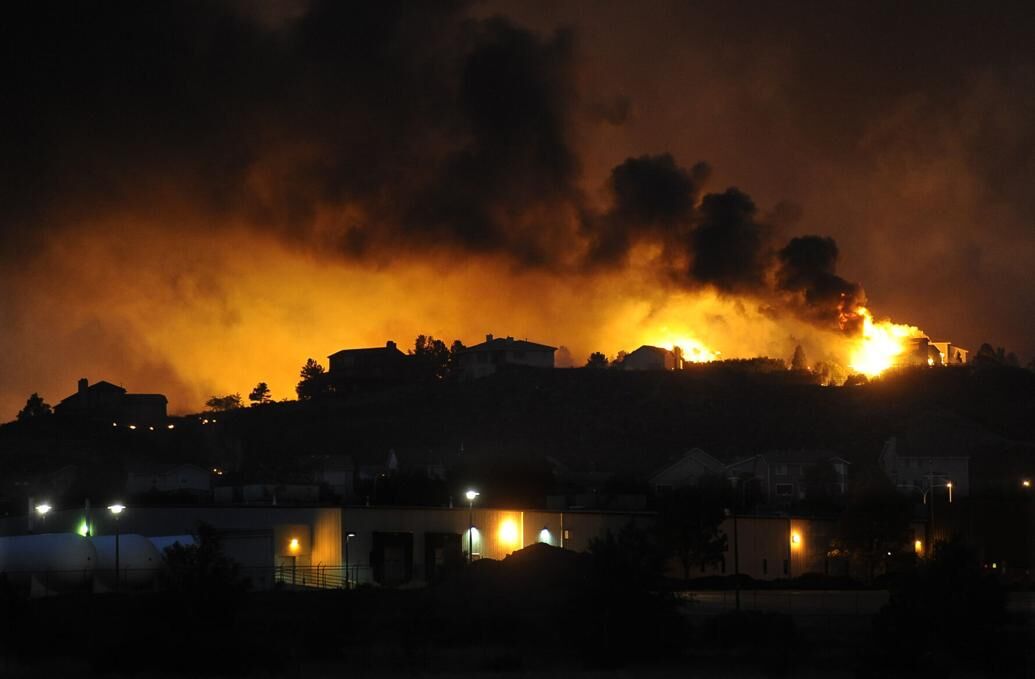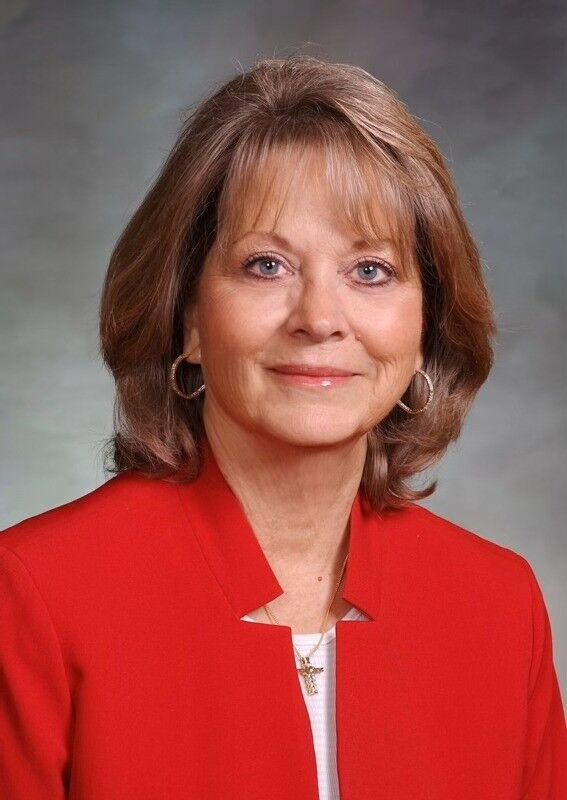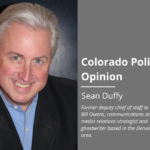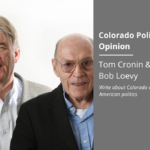New bill would harm working-class households | Denver Gazette

Colorado’s Marshall fire destroyed 1,084 homes and damaged an additional 149 in two middle-class suburbs of Boulder. The average value of each lost or damaged home was $416,000 in 2021, or $457,949 in 2024 as adjusted for inflation.
The Black Forest fire of 2013 destroyed 511 homes and damaged 37 near Colorado Springs. The average value of each home was $206,000 in current dollars.
The Waldo Canyon fire destroyed 347 homes, with average values of $1.3 million in current dollars.
Remember this when someone blames climate change for wildfires, which are purportedly racist. Remember these top-10 Colorado disasters when politicians claim climate change and wildfires “disproportionately” harm “people of color” and the poor.
Stay up to speed: Sign up for daily opinion in your inbox Monday-Friday
“Climate change is already having severe impacts on Coloradans across the state, including via more frequent and intense wildfires … These impacts disproportionately burden certain communities, including those with residents who are Black, Indigenous, Latino, or other people of color,” says House Bill 1339.
To mask and misrepresent preposterous legislation, Colorado’s radicalized Democratic leadership ties it to race. This makes opponents appear racist, or at least lacking compassion for “people of color.”
In cruel reality, HB 1339 has crushing ramifications for “people of color” and others who work in manufacturing. It was introduced in conjunction with HB 1338 — the “Cumulative Impacts & Environmental Justice” act — which would strap Colorado oil & gas producers with more regulations in the most regulated state for energy production.
As we see by remembering three of Colorado’s most expensive wildfires, disasters have no compunction snacking on million-dollar homes. Flames — like tornadoes and blizzards — don’t know “people of color” from anyone else. If a disaster wiped out the entire state, 71% of victims would lack color.
If anything, wildfires take the greatest toll on the privileged, given the dearth of “affordable housing” and mobile homes one finds in forested neighborhoods.
Unlike climate-related tragedies, economic forces play genuine havoc on low-income households. Take, for example, policies that kill jobs in Colorado’s industrial and manufacturing sector — which employs disproportionately high numbers of “people of color” and people deprived of higher educations.
HB 1339 — titled “Disproportionately Impact Community Air Pollution” — would run thousands of industrial and manufacturing jobs out of Colorado. More “people of color” would face foreclosure or eviction.
It began with the Legislature’s “Environmental Justice Act of 2021,” which required the Colorado Air Quality Control Commission to crack down on industrial emissions to save “Black, Indigenous, Latino, or people of color” from centuries of “environmental genocide.”
After leaders of regulated industries testified, the commission made job-saving concessions — such as carbon credits that would fund carbon capture.
HB 1339 would eliminate the concessions. Industry leaders say it would stop major employers from expanding and would push jobs out of state. The exportation of jobs, with the importation of products and commodities, would increase emissions.
In addition to increasing pollution, the bill would leave “people of color” without the means to support themselves and their loved ones. As President Joe Biden advises, they should “learn to code.” Meanwhile, wildfires and natural disasters will continue challenging humanity as they have since time immemorial — no matter what the Legislature does.
Beware of justice warriors feigning concern for those who struggle the most. They impose more economic despair on the false pretense of controlling the climate and mitigating disasters. They will harm “Black, Indigenous, Latino, or other people of color” — while pretending to help them — if it makes good optics.
Denver Gazette Editorial Board













